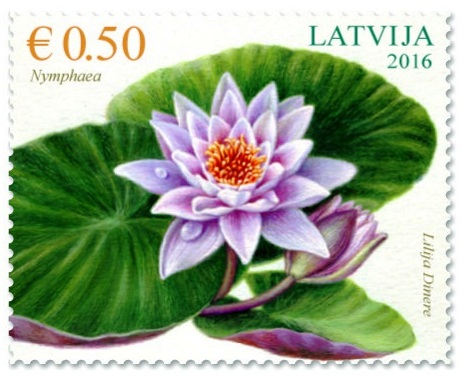
Jesus is passing through a village and he comes across a field full of lilies. He stops near it and says to his disciples, “Do you see these lilies?” The disciples look at the flowers, but they really do not look because looking through eyes alone is not enough, one has to look with his whole being. So Jesus says again, “Do you see these flowers?”
The disciples say to him, “What is there to see? They are lilies as other lilies are. They are nothing different.” Jesus then tells them, “It seems you are not looking, look again. How beautiful they are! King Solomon in all his grandeur and glory is not that beautiful.”
The disciples are surprised to hear their Master compare the lilies with King Solomon, who happened to be the wealthiest king of their times. There was, they thought, no point in comparing an ordinary flower with the wealthiest king of the world. So noticing their confusion and bewilderment, Jesus again says, “Look at them again and look with attention. They are ordinary flowers, but they are so beautiful that they outshine even King Solomon with all his grandeur and glory.”
One of the disciples asks why they are so beautiful. Jesus says, “These lilies are blossoming here and now; they live and act in the moment. They don’t do anything out of hope for the future, whereas Solomon lives for the future and in the future. And this tension between the present and the future makes everything tense, sick and ugly. These flowers have no idea of tomorrow; they are fulfilled in the moment. This small piece of land on which they are growing is enough for them, they don’t crave a larger field. The wind that is passing through them, making them sway, is everything for them. The sun that is shedding light on them is more than everything they desire. These bees humming around them give them the joy of the world.
“They are contented in being what they are; just being is enough, and they don’t want to become anything else. Not that another moment will not come for them. It will come, and it will come of its own accord. And when it comes they will welcome it and live it as totally as they are living this existing moment. Not that the lilies will not bear fruit, they will, but it will be another action complete in itself and it will arise from their existential moment. That is why they are so beautiful.”
Osho in Krishna: The man and his philosophy
Image of a postage stamp on water lily issued in 2016 by Latvia, a country in the Baltic region of Northern Europe, courtesy Rainbow Stamp Club.

Acharya Rajneesh (1931-1990), known later as Osho, was an Indian godman, philosopher, mystic and founder of the Rajneesh movement. He was viewed as a controversial religious leader during his life. He rejected institutional religions, insisting that spiritual experience could not be organised into any one system of religious dogma. He advocated meditation and taught a unique form called dynamic meditation. Rejecting traditional ascetic practices, he asked his followers to live fully in the world but without attachment to it. Pic courtesy: https://www.sannyas.wiki/
